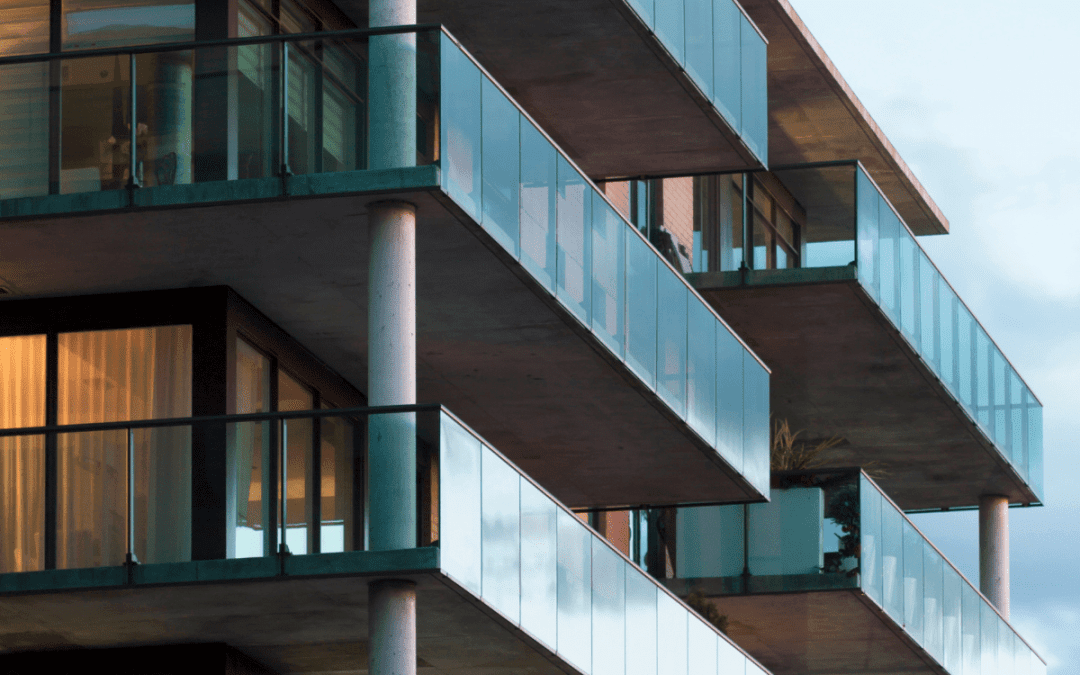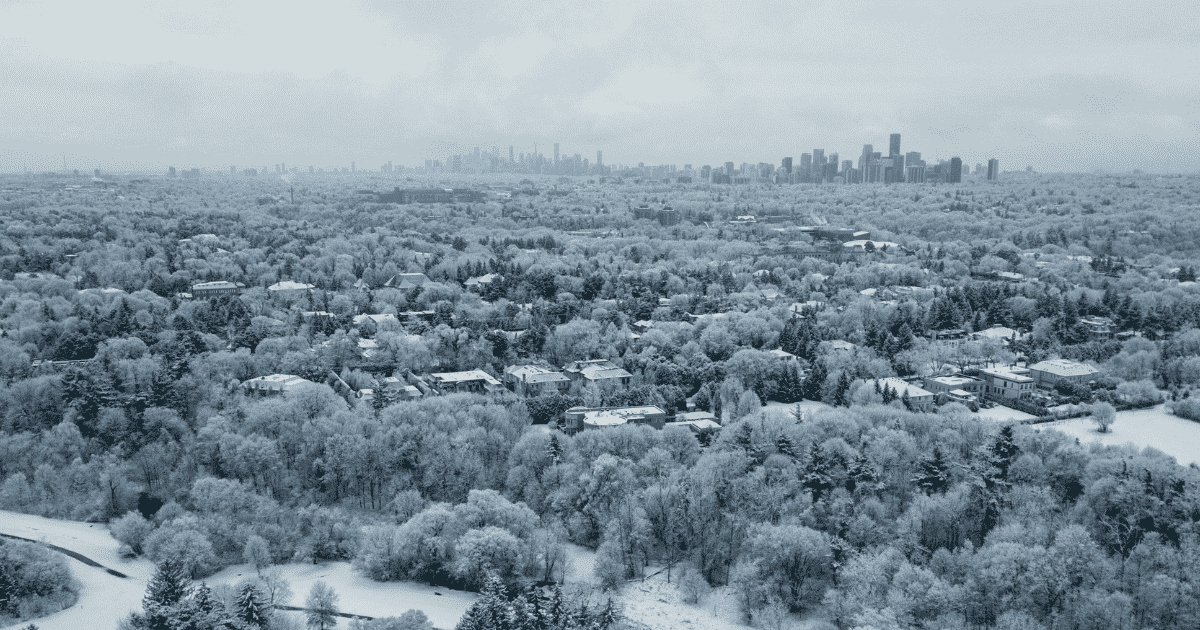Canada’s luxury real estate markets have shown varying performances in the first half of 2023, signalling a departure from the unified national trends witnessed during the recent housing boom and market normalization period.
Sotheby’s International Realty Canada’s Top-Tier Real Estate: 2023 Mid-Year State of Luxury Report sheds light on the distinct dynamics that have shaped each major metropolitan market.
Vancouver
The ultra-luxury residential real estate market in Vancouver experienced a notable upswing in the first half of 2023, buoyed by improved consumer sentiment and increased sales transactions. Legacy wealth planning and generational wealth transfer have contributed to enduring demand in the city’s luxury segment, leading to a 38 per cent rise in sales of properties priced over $10 million on MLS. However, chronic housing shortages have limited potential transactions, and rising mortgage rates have affected some prospective buyers, resulting in a 25 per cent year-over-year decline in residential sales over $1 million.
Toronto
Despite a slow start to the spring market, Canada’s largest luxury real estate market, Toronto, gradually gained traction in the first half of 2023. The city’s position as the nation’s economic hub and primary destination for immigration has continued to attract buyers and investors. However, housing supply challenges have persisted, impeding potential sales and frustrating prospective homebuyers.
Residential real estate sales over $4 million in Toronto declined by 32 per cent year-over-year, and properties sold over $10 million on MLS reduced to five from seven properties in the same period last year. In the GTA, an influx of spring inventory led to more balanced market conditions, resulting in a 35 per cent year-over-year decrease in residential sales over $4 million and a 29 per cent decline in sales over $1 million.
Montreal
The luxury real estate market in Montreal experienced a slowdown in the first half of 2023, with residential sales volume over $4 million declining by 39 per cent compared to the same period in 2022. The market also saw a 28 per cent decline in residential sales over $1 million. Active listings remained below historical averages, and luxury buyer activity waned, particularly in the city’s condominium market. This shift prompted an increase in conditional offers, price adjustments, and days on the market, as prospective buyers gained negotiation leverage.
Calgary
In contrast to the other major cities, consumer sentiment in Calgary remained optimistic throughout the first half of 2023. The city’s luxury housing market continued to remain active, with steady momentum in the spring driven by strong buyer and investor demand. Economic optimism and attractive luxury housing prices have also attracted in-migration and real estate investment from other parts of Canada. While overall residential real estate sales over $1 million and $4 million declined nominally by 10 per cent and 20 percent, respectively, the luxury condominium market in Calgary experienced an impressive 100 per cent gain in $1 million-plus sales compared to 2022 levels.
Don Kottick, president and CEO of Sotheby’s International Realty Canada, noted that the Canadian luxury housing market demonstrated resilience despite rising interest rates and economic uncertainties.
“Canadian luxury market performance has started to diverge, at times unpredictably, between major cities, neighbourhoods and housing types. Vancouver and Toronto’s urban luxury single-family home markets experienced some of the most pronounced improvements in spring activity; however, inadequate supply continued to frustrate potential sales and to undermine the housing needs of locals,” Kottick says.
“Over the past few years, Calgary has emerged as one of Canada’s most upbeat luxury real estate markets, and in the first half of 2023, its condominium market surpassed expectations with annual percentage sales gains that outstripped other major cities’ performance.”
He highlighted a growing disparity between luxury and conventional buyers’ behaviour since the Bank of Canada began raising interest rates in March 2022. Wealthier luxury buyers have been quicker to adapt to rising mortgage rates, re-engaging in property searches and strategic investments. In contrast, conventional buyers have been more cautious, waiting for greater certainty and more favourable market conditions, which experts caution could carry considerable risks given the current unpredictability of the housing market.













Other Provinces (and especially the Feds) should take note of Alberta’s growth and resilient economy. They have one of the only sensible Governments in our land. Kick and scream as some will, but low taxes and prudent spending are a winning combination for prosperity for those willing to work hard. It’s no Secret why so many are moving there.
Andrew…you don’t seem understand at all, that the word “ mandatory” was not front & centre of discussions about health insurance. No transparency at all. Nor does it have anything to do with our job as realtors, to the service we provide to our customer/ clients. I understand its your point of view but you left out an important detail. “MANDATORY”.